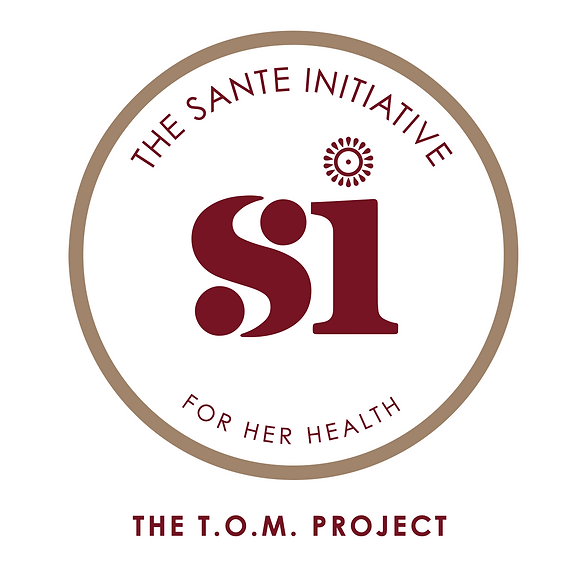The TOM Project
The TOM (Time Of The Month) Project
Motto: No Girl Should Miss School. Period!
Period Poverty describes the difficulty many women face when trying to access information on menstruation, menstrual hygiene products, medication and underwear.
Most girls in rural Ghana travel long distances from home to school. Because of the lack of menstrual hygiene supplies, many of the girls opt to stay home during their menses than risk being seen with blood stained clothes. It is quite common for girls to miss at least a week of school each month because of the discomfort they experience during their menses. Coupled with the ongoing stigma about menstruation, the girls fall behind and eventually drop out.
The Ghana Revenue Authority classifies menstrual hygiene products as luxury items and levys a 20% luxury tax on them as such. This 20 % tax in addition to the 15% VAT (Value Added Tax) makes these products prohibitively expensive and puts them out of reach for many adolescent girls.
Faced with these challenges, most girls (and their families) are not able to afford menstrual pads. They end up staying at home to use products like toilet paper, newspapers, socks, rags and other unhygienic materials. Reusing cloth that has not been properly cleaned and sterilized or dried in the dark puts the girls at a heightened risk for urogenital infections like yeast infections, urinary tract infections, bacterial vaginosis and Hepatitis B infections.
Some girls also turn to sex work as a means to help them afford these “luxury items”. They engage in unsafe sex practices and often fall prey to sexual predators. This in turn spawns a whole set of community health issues like teenage pregnancy, sexually transmitted infections and deaths due to unsafe abortions or suicides.
Period Poverty has serious consequences for the health, education and empowerment of women and girls. With the TOM Project, we aim to fight period poverty by providing free period supplies to adolescent girls in Ghana and raising awareness through education while changing the cultural stigma around menstruation in the community. This problem requires urgent attention and action to ensure these ladies have access to the resources and support they need to manage their menstrual health with dignity.
